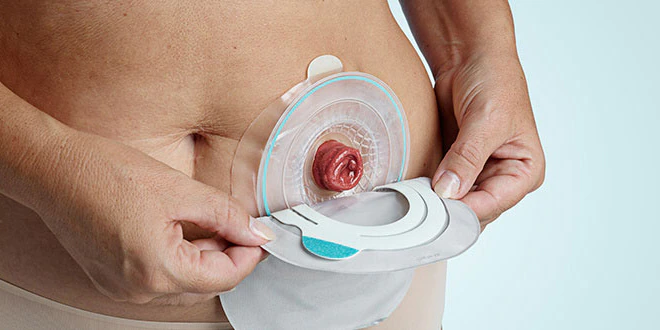As a doctor, I often encounter patients who are anxious about heart stenting. The heart is a vital organ, and any procedure involving it can seem daunting. However, stenting is a common and life-saving procedure used to treat blockages in the arteries. If you or a loved one has been recommended for heart stenting, let’s break down everything you need to know about the process, risks, and benefits in simple terms.
What Is Heart Stenting?
Heart stenting is a minimally invasive procedure performed to open blocked or narrowed arteries in the heart. The procedure involves placing a small, mesh-like metal tube called a stent into the artery to keep it open and allow for improved blood flow. This helps prevent heart attacks, chest pain (angina), and other cardiovascular complications.
Why Is a Stent Needed?
A stent is usually placed when a patient has a condition called coronary artery disease (CAD), which occurs when plaque (a combination of fat, cholesterol, and other substances) builds up in the arteries, restricting blood flow to the heart. If left untreated, this can lead to severe complications, including heart attacks. Stenting is often performed after a procedure called angioplasty, where a small balloon is inserted and inflated to widen the artery before placing the stent.
The Stenting Procedure: What to Expect
The process of getting a stent is relatively quick, typically taking around an hour, and is done under local anesthesia. Here’s what happens step by step:
- A small incision is made, usually in the wrist or groin.
- A thin tube (catheter) with a balloon at its tip is guided into the blocked artery.
- The balloon is inflated to push the plaque against the artery walls, widening the passage.
- The stent is placed to keep the artery open.
- The balloon is deflated and removed, leaving the stent in place to maintain blood flow.
Patients are usually monitored for a few hours or overnight in the hospital before being discharged.
Benefits of Heart Stenting
- Restores Blood Flow: Prevents further damage to the heart by improving circulation.
- Reduces Chest Pain (Angina): Many patients experience immediate relief from chest pain.
- Minimally Invasive: Compared to open-heart surgery, stenting has a shorter recovery time.
- Lower Risk of Heart Attack: Helps prevent future cardiac events in high-risk patients.
Risks and Considerations
While stenting is generally safe, as with any medical procedure, there are some potential risks, including:
- Bleeding or infection at the catheter insertion site.
- Formation of blood clots around the stent.
- Restenosis (re-narrowing of the artery over time).
- Allergic reaction to the contrast dye used during the procedure.
To minimize risks, patients are usually prescribed blood-thinning medications like aspirin or clopidogrel to prevent clot formation.
Life After a Stent: Key Lifestyle Changes
Getting a stent is not a cure—it’s a second chance. To keep your heart healthy after stenting, you’ll need to adopt a heart-friendly lifestyle, including:
- Eating a balanced diet rich in fruits, vegetables, lean proteins, and healthy fats.
- Exercising regularly, as recommended by your doctor.
- Managing stress through meditation, yoga, or deep breathing exercises.
- Quitting smoking and reducing alcohol intake to lower your risk of further complications.
- Taking prescribed medications as directed to prevent blood clots and keep cholesterol in check.
Final Thoughts
Heart stenting is a highly effective procedure that has saved countless lives. While it addresses the immediate problem of blocked arteries, long-term heart health depends on lifestyle choices and regular medical checkups. If you’ve undergone a stent placement or have been advised to get one, take proactive steps in your health journey to ensure the best possible outcome.
Have any questions or personal experiences with heart stenting? Let’s discuss them below!



